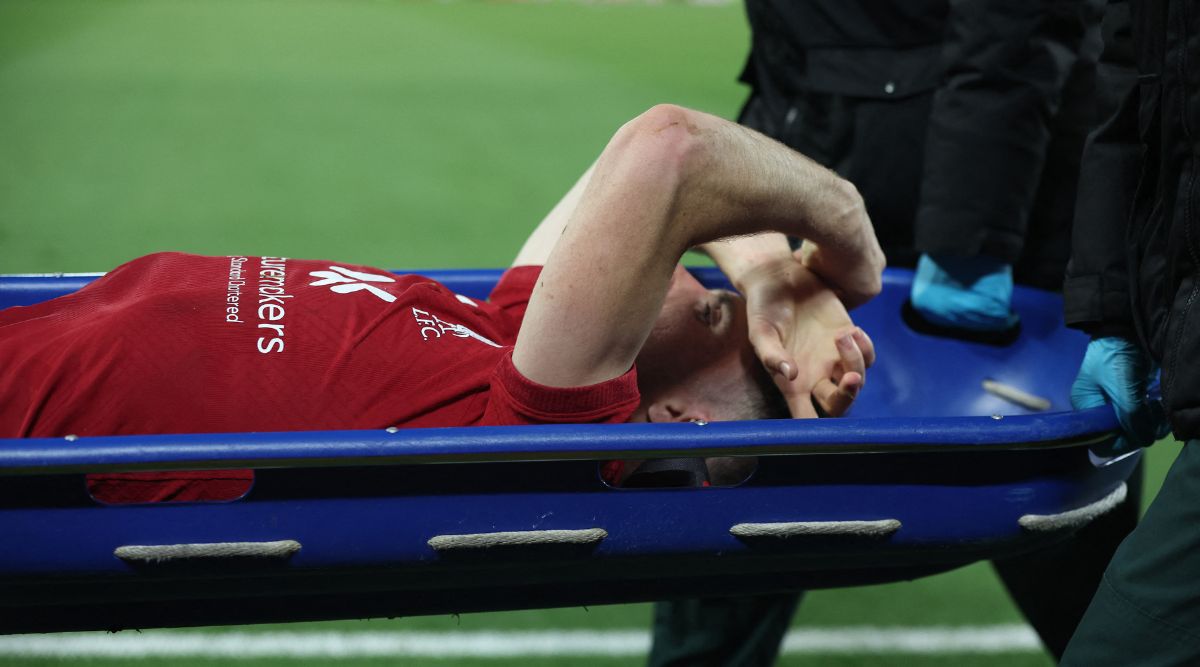Volkswagen Group CEO Oliver Blume on Sunday defended plans for large-scale cuts at the German automobile giant.
Blume said the current economic situation was “so serious that we can’t simply continue as we were.”
Volkswagen (VW) said it aims to save the company €4 billion ($4.25 billion) by moving ahead with the job cuts.
VW said earlier this week it could not rule out shutting factories in its home country — a first in its nearly 90-year history.
The automotive sector is the important economic engine in Germany, VW’s worker representatives argue.
They say cuts could have a wider impact on communities.
Volkswagen’s shares have fallen by nearly a third in five years.
Volkswagen warns of job loses ahead
Around 25,000 workers gathered at Volkswagen’s headquarters in the northern city of Wolfsburg earlier in the week to hear VW management’s plans to deepen cost cuts.
“Fewer cars are being sold in Europe and new competitors from Asia are pushing aggressively into the market,” Blume told the Bild am Sonntag newspaper this weekend. “The cake has got smaller and we have more guests at the table.”
Blume said the board was working on “further measures” to survive a slump in car sales, without offering details.
He said VW was still “firmly committed” to Germany, as it has been for generations.
“We have employees whose grandfathers worked for Volkswagen,” he said. “And I want their grandchildren to be able to work here, too.”
VW mulls German job cuts, factory closures as sales plummet
Industry bosses slam ‘unreliable infrastructure’
In response to the turmoil at Volkswagen, the Federation of German Industries (BDI) — which represents more than 100,000 German companies employing around eight million people — has demanded better economic conditions for German industry.
“The problems in Germany are obvious,” BDI president Siegfried Russwurm told the Welt am Sonntag broadsheet by pointing at increasing energy prices, high taxes, sprawling bureaucracy and “unreliable public infrastructure.”
He said the issues effect “large parts of industry, not just individual companies,” adding that Germany’s politicians had “not understood” the magnitude of the problem.
Left party demands dividends repayment
Left Party chairwoman Janine Wissler told Rheinische Post newspaper that “It is incredibly sleazy that Volkswagen could pay out €4.5 billion and now claims that it can’t raise €5 billion to prevent plant closures and job losses.”
“It cannot be that the workers and ultimately also taxpayers foot the bill for years of mismanagement while shareholders get richer,” she said.
Saskia Esken, co-chair of Chancellor Olaf Scholz’s Social Democrats (SPD) said closures would not necessarily lead to a sustainable future.
“Especially in light of current demographic changes, this only exacerbates the crisis,” she told business newspaper Handelsblatt.
Chancellor Olaf Scholz said he had spoken to VW executives and was in “close contact” with the worker representatives. He told Saturday’s Tagesspiegel that the aim must be to “secure jobs and plants.”
Blume said the current economic situation was “so serious that we can’t simply continue as we were.”
Volkswagen (VW) said it aims to save the company €4 billion ($4.25 billion) by moving ahead with the job cuts.
VW said earlier this week it could not rule out shutting factories in its home country — a first in its nearly 90-year history.
The automotive sector is the important economic engine in Germany, VW’s worker representatives argue.
They say cuts could have a wider impact on communities.
Volkswagen’s shares have fallen by nearly a third in five years.
Volkswagen warns of job loses ahead
Around 25,000 workers gathered at Volkswagen’s headquarters in the northern city of Wolfsburg earlier in the week to hear VW management’s plans to deepen cost cuts.
“Fewer cars are being sold in Europe and new competitors from Asia are pushing aggressively into the market,” Blume told the Bild am Sonntag newspaper this weekend. “The cake has got smaller and we have more guests at the table.”
Blume said the board was working on “further measures” to survive a slump in car sales, without offering details.
He said VW was still “firmly committed” to Germany, as it has been for generations.
“We have employees whose grandfathers worked for Volkswagen,” he said. “And I want their grandchildren to be able to work here, too.”
VW mulls German job cuts, factory closures as sales plummet
Industry bosses slam ‘unreliable infrastructure’
In response to the turmoil at Volkswagen, the Federation of German Industries (BDI) — which represents more than 100,000 German companies employing around eight million people — has demanded better economic conditions for German industry.
“The problems in Germany are obvious,” BDI president Siegfried Russwurm told the Welt am Sonntag broadsheet by pointing at increasing energy prices, high taxes, sprawling bureaucracy and “unreliable public infrastructure.”
He said the issues effect “large parts of industry, not just individual companies,” adding that Germany’s politicians had “not understood” the magnitude of the problem.
Left party demands dividends repayment
Left Party chairwoman Janine Wissler told Rheinische Post newspaper that “It is incredibly sleazy that Volkswagen could pay out €4.5 billion and now claims that it can’t raise €5 billion to prevent plant closures and job losses.”
“It cannot be that the workers and ultimately also taxpayers foot the bill for years of mismanagement while shareholders get richer,” she said.
Saskia Esken, co-chair of Chancellor Olaf Scholz’s Social Democrats (SPD) said closures would not necessarily lead to a sustainable future.
“Especially in light of current demographic changes, this only exacerbates the crisis,” she told business newspaper Handelsblatt.
Chancellor Olaf Scholz said he had spoken to VW executives and was in “close contact” with the worker representatives. He told Saturday’s Tagesspiegel that the aim must be to “secure jobs and plants.”





